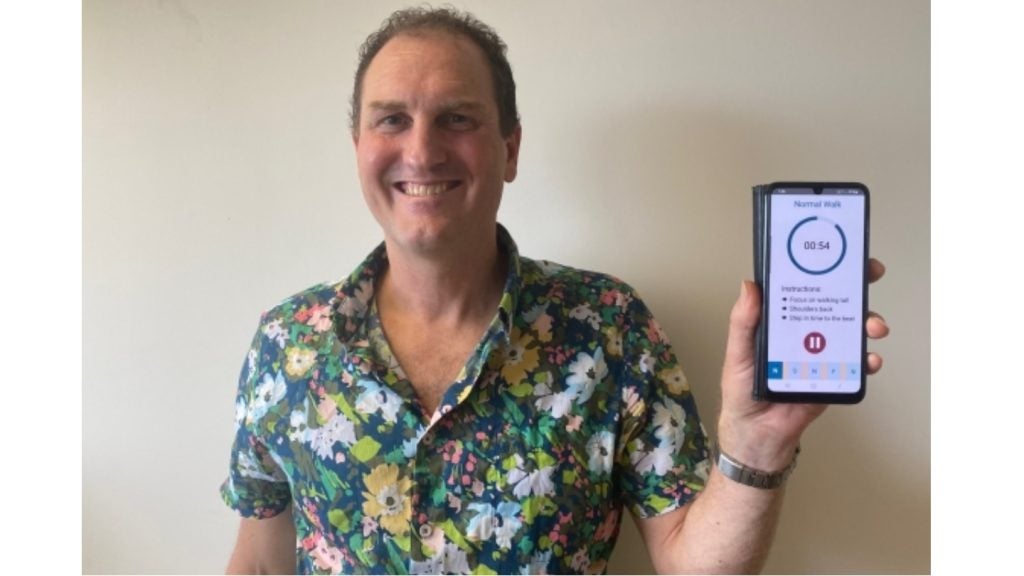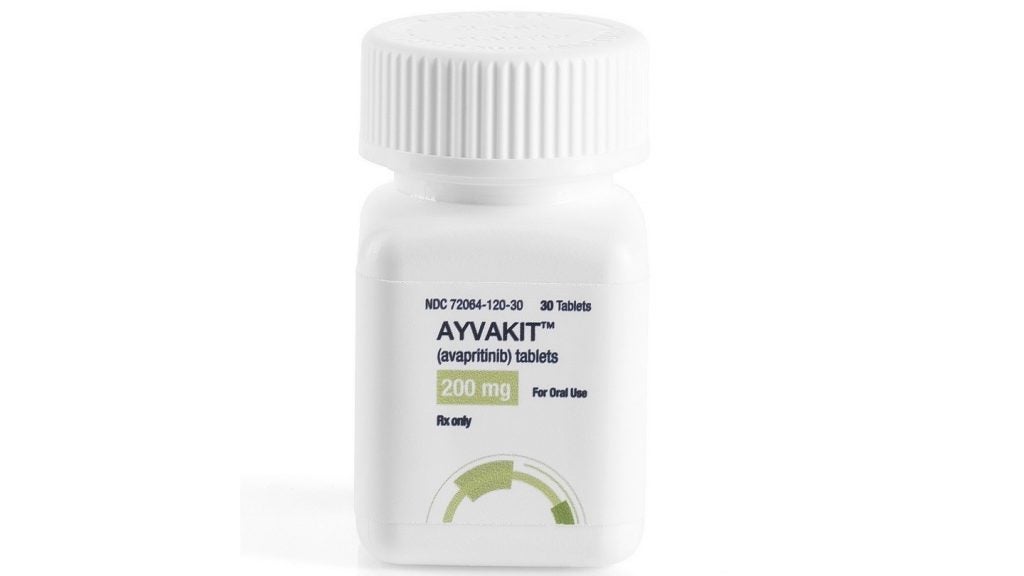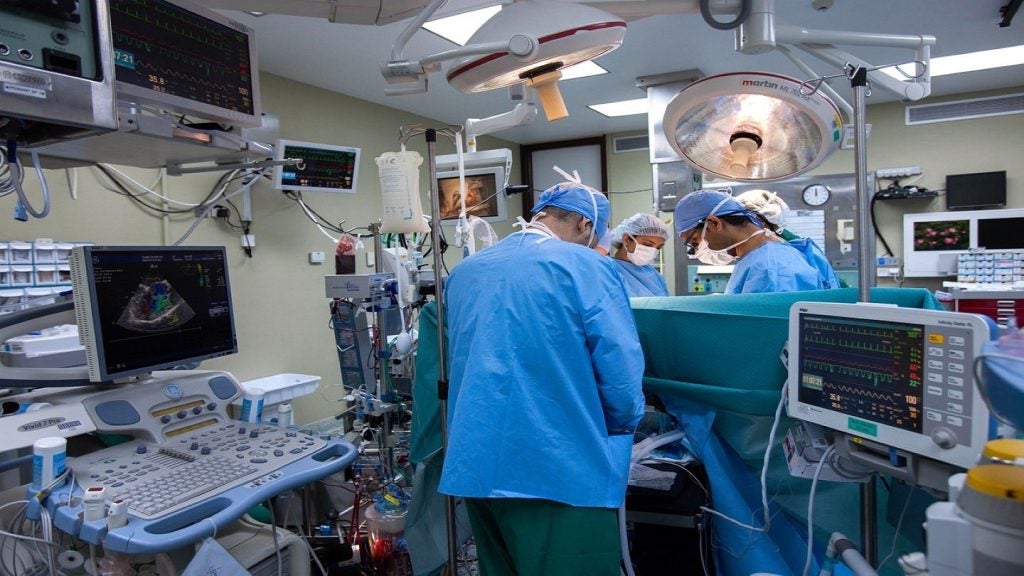PacBio and GeneDx have entered a research collaboration with the University of Washington for studying HiFi long-read whole genome sequencing (WGS) capabilities to enhance diagnostic rates in paediatric patients with genetic conditions.
GeneDx will carry out WGS sequencing and analyse samples from 350 individuals, including 120 from the SeqFirst WGS study at Seattle Children’s Hospital, along with available biological parent duos and trios.
Scientists will utilise both short and long-read WGS to examine whether previously undiscovered genetic variants linked to specific genetic conditions can be revealed.
Leveraging the PacBio Revio sequencing system, GeneDx will conduct all long-read WGS sequencing and analysis in the study.
The study’s goal is to determine whether the increased accuracy, read-length and methylation insights provided by the Revio system will allow collaborators to explore and potentially amplify diagnostic yield.
The newly identified variants and their frequencies within the sequencing data will be shared with the Consortium of Long Read Sequencing database to enhance variant prevalence and classification understanding.
PacBio president and CEO Christian Henry said: “We are honoured to launch this new study with GeneDx and the University of Washington with the aim to bring together the power of the latest developments and capabilities applied to these critical populations.”
GeneDx-sponsored SeqFirst, partly funded by the Brotman Baty Institute, functions as a hub for genomic research and precision medicine, and as a partnership among UW Medicine, Seattle Children's Hospital and Fred Hutchinson Cancer Center.
Earlier, PacBio collaborated with Google for implementing the deep learning technique known as DeepConsensus into the Revio system to enhance the performance of long-read WGS by leveraging the power of DeepVariant.
















